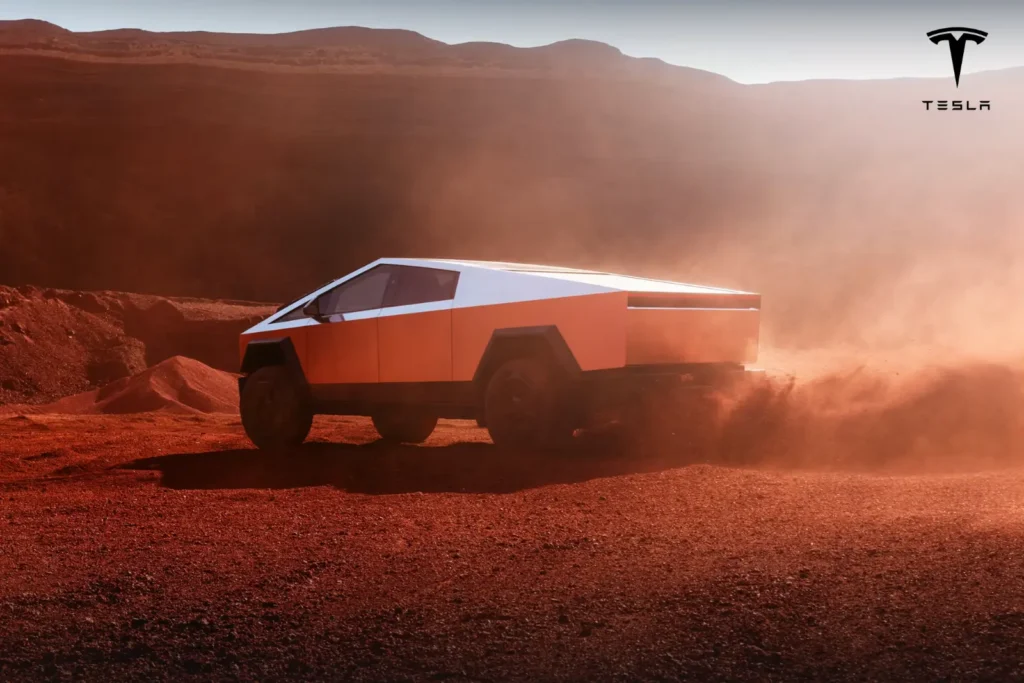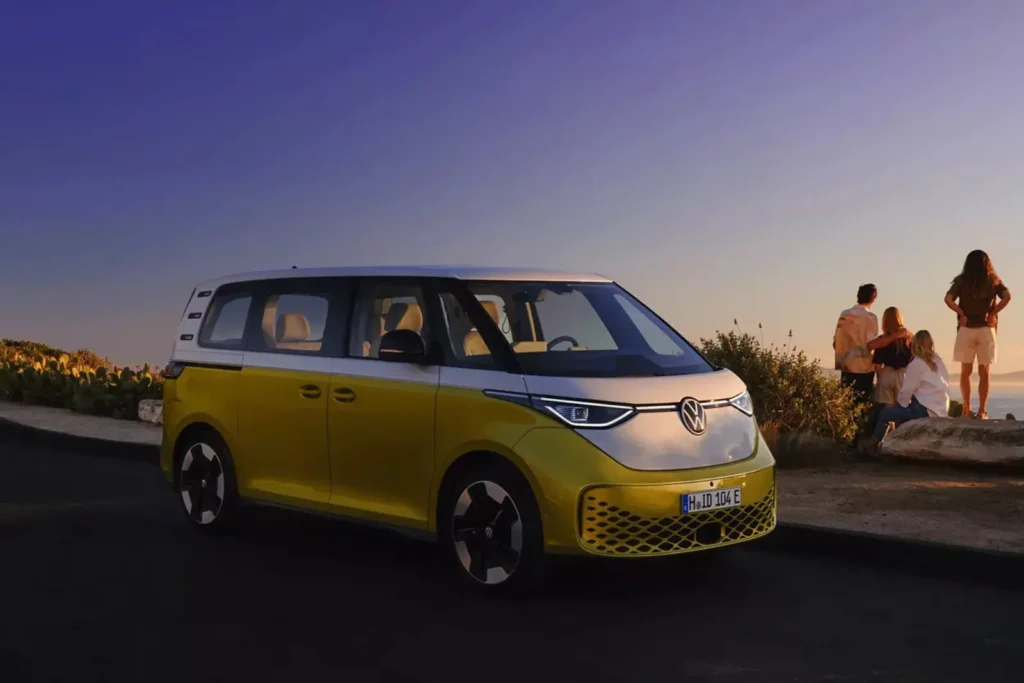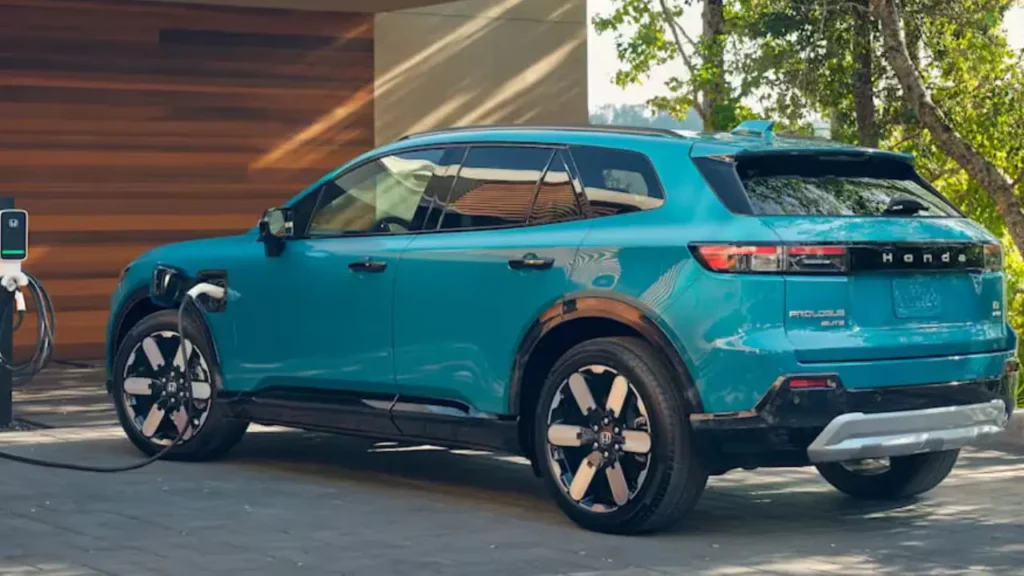Table of Contents
The electric bike (e-bike) revolution has taken the world by storm, and India is no exception. With a burgeoning population, growing urbanization, and increasing environmental concerns, electric bikes present a sustainable and efficient alternative to traditional gasoline-powered vehicles. This article delves into the best electric bikes available in India, providing a comprehensive guide to help you make an informed decision.
The Rise of Electric Bikes in India
India’s transportation landscape is rapidly evolving, with electric vehicles (EVs) playing a pivotal role in this transformation. Several factors have contributed to the rise of e-bikes in India:
- Environmental Concerns: With increasing awareness about climate change and air pollution, there is a growing demand for cleaner and greener modes of transportation.
- Government Policies: The Indian government has introduced various incentives and subsidies to promote the adoption of electric vehicles.
- Technological Advancements: Improvements in battery technology and electric motor efficiency have made e-bikes more viable and attractive.
- Cost Efficiency: E-bikes offer lower operating costs compared to traditional vehicles, making them an economical choice for daily commuters.
Best Electric Bike in India
1. Ather 450X
Specifications:
- Motor Power: 6 kW
- Top Speed: 80 km/h
- Range: 85 km
- Battery: Lithium-ion
- Charging Time: 5.45 hours (80% in 3 hours)
Highlights:
Ather 450X stands out for its impressive performance and cutting-edge technology. It features a robust motor, a user-friendly touchscreen dashboard, and smartphone connectivity. Its rapid acceleration and excellent range make it a top choice for urban commuters.
2. Bajaj Chetak
Specifications:
- Motor Power: 4 kW
- Top Speed: 70 km/h
- Range: 95 km
- Battery: Lithium-ion
- Charging Time: 5 hours
Highlights:
Reviving the iconic Chetak brand, Bajaj has introduced an electric variant that combines nostalgia with modern technology. The Bajaj Chetak boasts a sleek design, durable build, and efficient performance. Its high-quality components and elegant aesthetics make it a popular choice.
3. TVS iQube
Specifications:
- Motor Power: 4.4 kW
- Top Speed: 78 km/h
- Range: 75 km
- Battery: Lithium-ion
- Charging Time: 5 hours
Highlights:
TVS iQube is designed for urban mobility, offering a blend of performance and convenience. It features a digital display, smartphone connectivity, and regenerative braking. Its agile handling and comfortable ride quality make it ideal for city commuting.
4. Revolt RV400
Specifications:
- Motor Power: 3 kW
- Top Speed: 85 km/h
- Range: 150 km
- Battery: Lithium-ion
- Charging Time: 4.5 hours
Highlights:
The Revolt RV400 is India’s first AI-enabled electric motorcycle. It comes with swappable batteries, remote keyless operations, and voice commands. Its long range and smart features make it a revolutionary product in the Indian e-bike market.
5. Hero Electric Optima HX
Specifications:
- Motor Power: 1.2 kW
- Top Speed: 42 km/h
- Range: 82 km
- Battery: Lithium-ion
- Charging Time: 4-5 hours
Highlights:
Hero Electric Optima HX is known for its affordability and reliability. It is a practical choice for daily commuters, offering a decent range and comfortable ride. Its lightweight design and efficient performance make it a value-for-money option.
6. Okinawa PraisePro
Specifications:
- Motor Power: 1 kW
- Top Speed: 58 km/h
- Range: 88 km
- Battery: Lithium-ion
- Charging Time: 2-3 hours
Highlights:
Okinawa PraisePro is a well-rounded electric scooter with a good balance of performance and features. It comes with a digital speedometer, central locking, and anti-theft alarm. Its quick charging time and robust build make it a strong contender.
Factors to Consider When Choosing an Electric Bike
1. Range
The range of an e-bike is one of the most crucial factors to consider. It determines how far you can travel on a single charge. Assess your daily commute and choose an e-bike with a range that comfortably covers your needs.
2. Charging Infrastructure
The availability of charging stations and the ease of charging at home or work is vital. Ensure that the e-bike you choose has compatible charging options and that you have access to charging facilities.
3. Battery Life and Warranty
The battery is a significant component of an e-bike. Check the battery life, replacement cost, and warranty period. A longer battery life and a comprehensive warranty can save you money in the long run.
4. Performance and Speed
Evaluate the motor power and top speed of the e-bike. Higher motor power usually translates to better performance, especially on inclines. Ensure the top speed is sufficient for your needs while complying with local regulations.
5. Build Quality and Comfort
The build quality affects the durability and longevity of the e-bike. Look for models with robust frames and quality components. Comfort features like suspension, seating, and ergonomics are also essential for a pleasant riding experience.
6. Features and Technology
Modern e-bikes come with various features like digital displays, smartphone connectivity, GPS, and smart locks. Assess which features are important to you and choose an e-bike that meets your technological expectations.
7. Price and Maintenance
Consider the initial cost of the e-bike as well as ongoing maintenance expenses. Electric bikes generally have lower running costs than traditional vehicles, but it’s essential to factor in potential repair and service costs.
Benefits of Electric Bikes
1. Environmental Impact
E-bikes produce zero emissions, contributing to a reduction in air pollution and greenhouse gases. They are an eco-friendly alternative to gasoline-powered vehicles, helping to mitigate climate change.
2. Cost Savings
Electric bikes are cost-effective in the long run. They have lower fuel costs, reduced maintenance expenses, and various government incentives that make them an economical choice.
3. Health Benefits
Riding an e-bike offers physical exercise, which is beneficial for overall health. It provides an opportunity to stay active while commuting, promoting cardiovascular health and reducing stress.
4. Convenience
E-bikes offer the convenience of easy parking, avoiding traffic congestion, and flexible routes. They are ideal for urban commuting, providing a hassle-free mode of transportation.
5. Noise Reduction
Electric bikes operate quietly, contributing to noise reduction in urban areas. This creates a more peaceful and pleasant environment, especially in densely populated cities.
Challenges and Considerations
1. Initial Cost
The upfront cost of e-bikes can be higher than traditional bikes or scooters. However, the long-term savings and environmental benefits often outweigh this initial investment.
2. Charging Infrastructure
While the charging network is expanding, it may still be limited in some areas. Ensuring access to charging points is crucial for the widespread adoption of e-bikes.
3. Battery Replacement
Battery degradation over time is a concern. The cost of battery replacement should be considered when evaluating the total cost of ownership.
4. Range Anxiety
Range anxiety, or the fear of running out of battery power, can be a concern for some users. Choosing an e-bike with an adequate range and planning your rides can mitigate this issue.
Future of Electric Bikes in India
The future of electric bikes in India looks promising, with increasing adoption rates and continuous advancements in technology. Several trends are likely to shape the e-bike market:
1. Improved Battery Technology
Advancements in battery technology will lead to higher energy density, faster charging times, and longer lifespan. This will enhance the overall performance and convenience of e-bikes.
2. Government Support
Continued government incentives and policies will promote the adoption of electric vehicles. Initiatives like tax benefits, subsidies, and infrastructure development will drive the growth of the e-bike market.
3. Increased Awareness
As awareness about environmental issues and sustainable transportation grows, more consumers will opt for e-bikes. Education and awareness campaigns will play a crucial role in this transition.
4. Innovation and Competition
The e-bike market is becoming increasingly competitive, driving innovation and the introduction of new models with advanced features. This will provide consumers with a wider range of choices and better value for money.
Frequently Asked Questions
Which EV bike is best in India?
The best EV bike in India depends on individual preferences and requirements. However, models like Ather 450X, Bajaj Chetak, and Revolt RV400 are often considered top choices due to their performance, range, and features.
Which brand is best for electric bicycles?
Several brands offer excellent electric bicycles in India. Ather Energy, Bajaj, TVS, Hero Electric, and Okinawa are some of the leading brands known for their quality, innovation, and customer satisfaction.
Which is the best selling EV two-wheeler in India?
The best-selling EV two-wheeler in India varies over time, but models like the Hero Electric Optima and Ather 450X have consistently been popular choices due to their reliability, performance, and brand reputation.
Is EV bike worth it in India?
Yes, an EV bike is worth it in India












